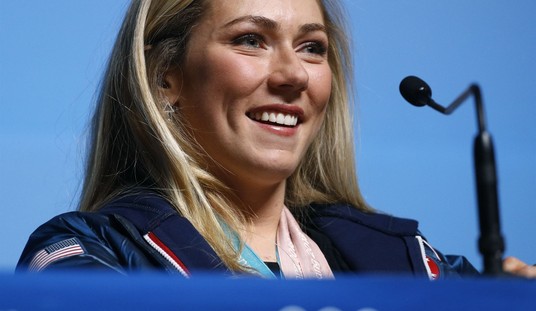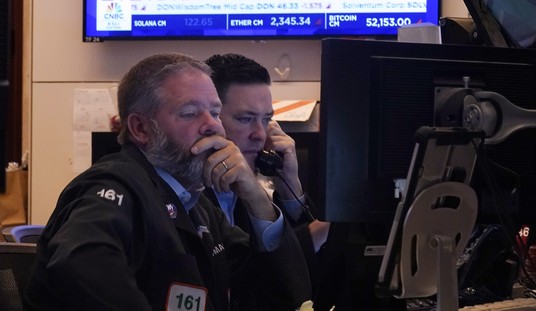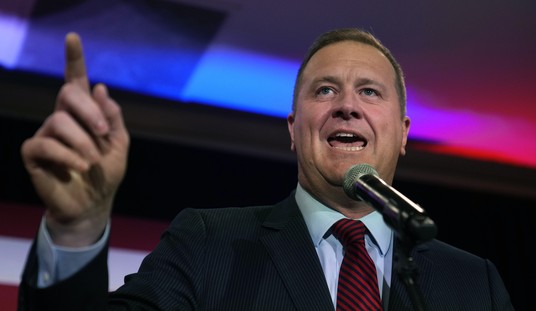Happy Labor Day to those who celebrate! In practice, most people just celebrate that they have the day off as they track the progress of baseball playoff wildcards and their football team’s prospects.
If you mention unions on this day, the left cheers and the right sees red. While neocon opportunists never saw a war they didn’t like, many on the right never saw a union they did like. The political parties appear to have agreed to settle for the familiar management vs. labor political stalemate. But can a majority party sustain itself on that outdated model?
The Republican majority that governed the United States from Lincoln until being routed by FDR was based on replacing cheap wage slavery with high worker wages. Henry Ford wanted his workers to make enough to buy his cars. It is the oligarchs of the Gilded Age, like those of today, who wanted low wages. However, in the long run, low-wage countries tend not to innovate and advance. Isn’t the AI revolution a response to high wages?
As honest Abe put it, "Labor is the means of acquiring property, and property is the means of acquiring labor." In philosophical terms, the subject of work, the worker, is more important than the object of work, the output. As an economic model, the most productive workers are intact families with three children. It is well-paid people with skin in the game who power any nation’s economy.
Lincoln understood the threat posed by that cheapest of cheap labor, slaves. A lot of racial tension after the Civil War revolved around the fact that newly freed slaves undercut wages.
A contemporary of Lincoln, Pope Leo XIII (born one year after Lincoln), also recognized the threat of labor exploitation. Like Lincoln, he had lived through the Communist Manifesto and the unrest it unleashed in the revolutions of 1848.
In his encyclical Rerum Novarum, On the Conditions of Labor, in 1891, he said, "The working man is not a mere machine, but a human being, capable of progress and development."
And that development involved good pay and safe working conditions. In pure economic terms, the more it costs to train and replace high-quality workers, the less managers want them killed or injured on the job. Think of the care taken of baseball players once their salaries went up.
Leo defended unions, saying, "The right to associate and combine is a natural right, and is therefore a right of the people." But he drew limits to their power: "The State, moreover, has a right to demand from the associations of workers that they should conduct themselves in such a manner as not to prejudice the common good." Gov. Calvin Coolidge of Massachusetts would echo that line when faced with the Boston police strike. "There is no right to strike against the public good," Silent Cal said. That made him a national figure.
Therefore, the government has a crucial role to play in striking a balance between the rights of workers and the public good. It needs to reassert itself in this area. This will be beneficial for the country and for the unions – especially those most dubious of entities, the public service unions.
It is one thing to engage in collective bargaining. It is another for government workers to engage in political activities through their union. Can the employees of the state also be the masters of that state through their union’s power? Consider the case of Randi Weingarten, who simultaneously served as the head of the American Federation of Teachers and an official of the Democratic National Committee. No conflict of public interest there.
As a former member of the United Auto Workers, I fully understand the challenge unions face in dealing with management, mobsters, and Bolsheviks. Although in fairness our local sued that liberal icon, the New York Times, and won in the Supreme Court.
RELATED: Randi Weingarten Announces WEF Curriculum Partnership
Unions should not be allowed to engage in politics any more than corporations should be allowed to engage in politics. Both epitomize the dollar democracy that has diminished freedom. Like two scorpions in a brandy glass, their model of one dollar, one vote is a bad policy.
Carefully crafted legislation is needed to wrest control from these special interests and support the average worker. It is time for the Republican Party to gain the high ground in its relations with American labor. And lest we forget, there is only one union leader who has ever become president: Ronald Reagan.
Join PJ Media VIP today and get 60% off with promo code FIGHT.
Join now to support this news site, go ad-free, and comment as you see fit.










Join the conversation as a VIP Member